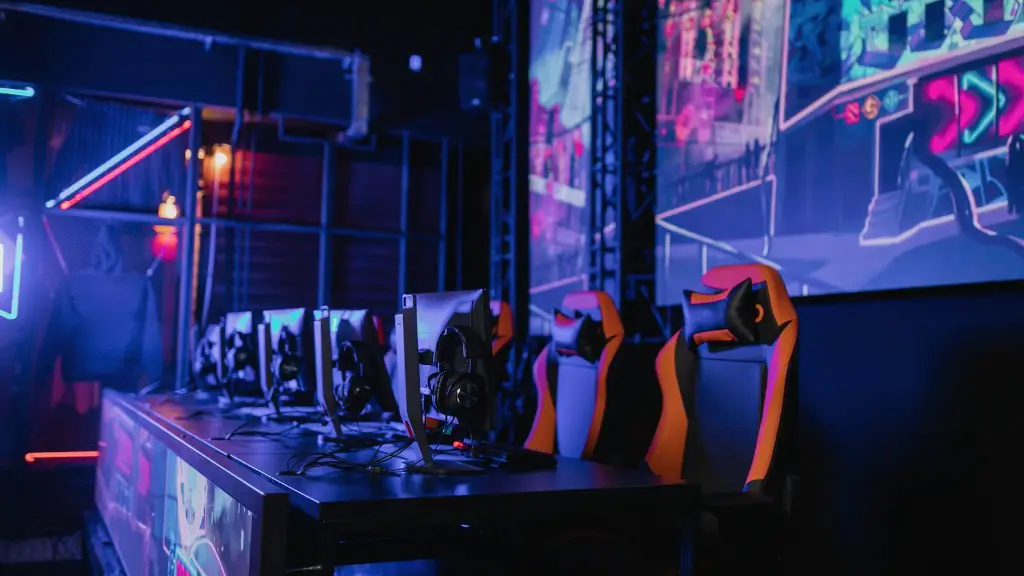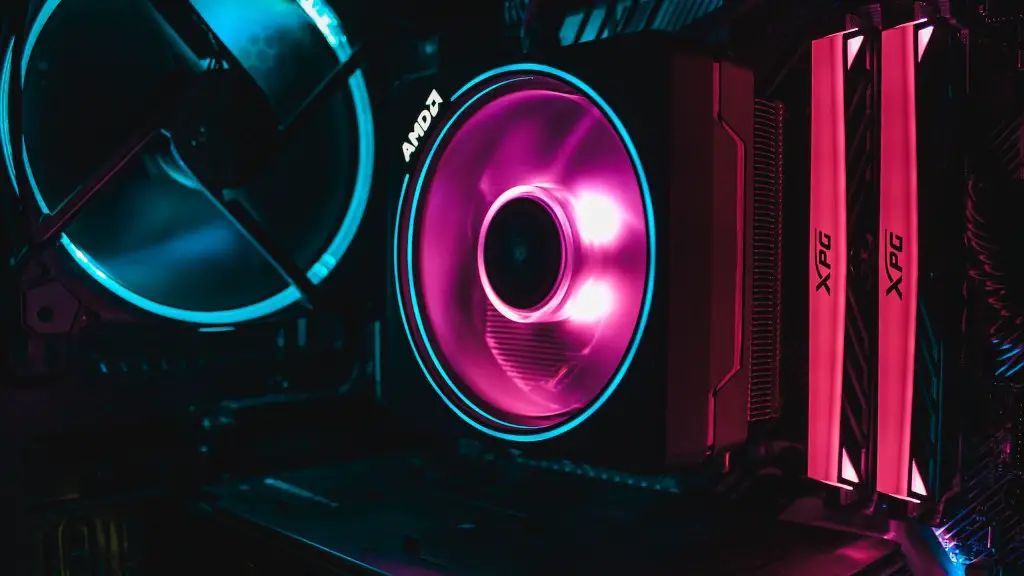Building a gaming PC is a fairly straightforward task that can be broken down into four distinct components: the motherboard, processor, graphics card, and memory. Although each of these components is important, their individual roles can be difficult to understand without some back-ground knowledge of computer architecture. In this post, we will explore the basic components needed to build a gaming PC.
Motherboard
The motherboard acts as the backbone of the PC, connecting all other components together. It houses the processor, memory, and expansion slots, and provides power and data transfer pathways between all three. Motherboard selection is mostly determined by the type and number of components the user wants to install, so it’s important to understand your hardware needs when making a selection.
Processor
The processor is the ‘brain’ of the computer and is the most important component when it comes to overall performance. CPUs come in single and dual-core varieties, and specialized models designed specifically for gaming with more cores. The more cores and the higher the clock speed, the better the performance, so it’s important to know what type of processor you need when building your gaming PC.
Graphics Card
The graphics card is key for achieving great visuals, as it controls the output of the monitor. Choosing the right card not only depends on the resolution of the monitor but also on the types of games and the level of detail you want to achieve. Graphics cards range from entry-level cards to high-end options with multiple GPUs, allowing for the most visually stunning gaming experience.
Memory
Memory, or RAM, is another key component when building a gaming PC. This component determines the speed at which your computer can process data, with faster RAM allowing for faster performance. Gaming PCs often require more memory than casual PCs, so it’s best to get the most amount that fits within your budget.
Storage
Storage is the component of the PC that stores your data, and it is the one component that has the most options when selecting. Solid-State Drives (SSD), Hard Disk Drives (HDD), and even case-mounted drives, such as a micro SD card, are all available for storage. Depending on your budget and data-storage needs, you can choose the type of storage that best suits your needs.
Cooling
The cooling component of a gaming PC is often overlooked, but it is an essential component for keeping your CPU and other components running at optimal temperatures. Standard air coolers can often be sufficient, but for extreme tasks such as overclocking, watercoolers are preferred. It is important to select a cooler that is compatible with your other hardware and can effectively dissipate heat away from your components.
Peripherals
In addition to the core components mentioned above, there are several peripherals that should also be considered when building a gaming PC. Input devices such as a gaming keyboard and mouse are essential for gaming, while headsets and speakers can enhance the gaming experience with immersive sound. Internal components such as fans, LED lights, and cables can also be used to customize the look and feel of your gaming PC.


